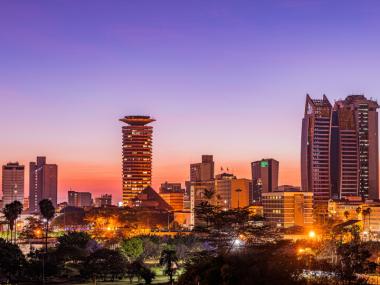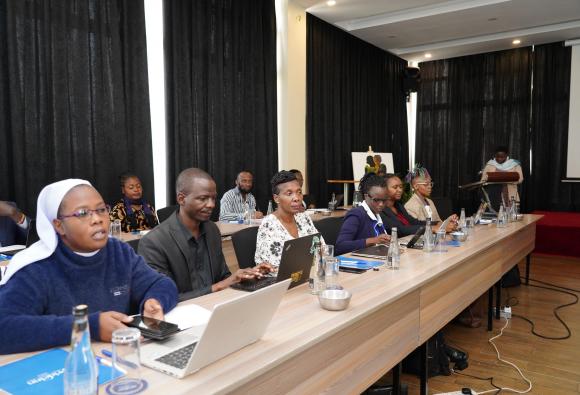Labour migration is an increasingly significant driver of Kenya’s social and economic transformation, shaping households, communities, and national development strategies. Over the past decade, women migrant domestic workers have been at the forefront of this transformation. Their contributions extend well beyond sustaining household economies through remittances; they also enrich national development through skills transfer, entrepreneurship, and contributions to the care economy. Official data indicates that between 2014 and 2024, migration from Kenya to the Gulf Cooperation Council (GCC) countries increased more than threefold, rising from approximately 60,000 to well over 200,000. These figures are likely to be under estimates based on Saudi Census 2022 which reported the presence of more than 200,000 Kenyans in the Kingdom.
A national assessment conducted jointly by UNECA and the AUC (September–November 2024) highlighted persistent challenges. Women migrants reported widespread violations of employment contracts, including delayed or unpaid wages, unsafe working conditions, and restrictions on mobility, harassment, and gender-based violence. Their labour in domestic and care services seldom received professional recognition, despite its centrality to both host and home economies. The assessment further revealed gaps in pre-departure training, which was often fragmented and inconsistent, and unreliable information sources that left women vulnerable to exploitation. Reintegration pathways for returnees were underdeveloped, often ad hoc, short-term, and poorly coordinated. At the same time, the assessment underscored the transformative potential of returnees. Women bring back entrepreneurial skills, vocational expertise, international networks, and modest savings that, if properly supported could serve as powerful levers for community and national development
Documents



